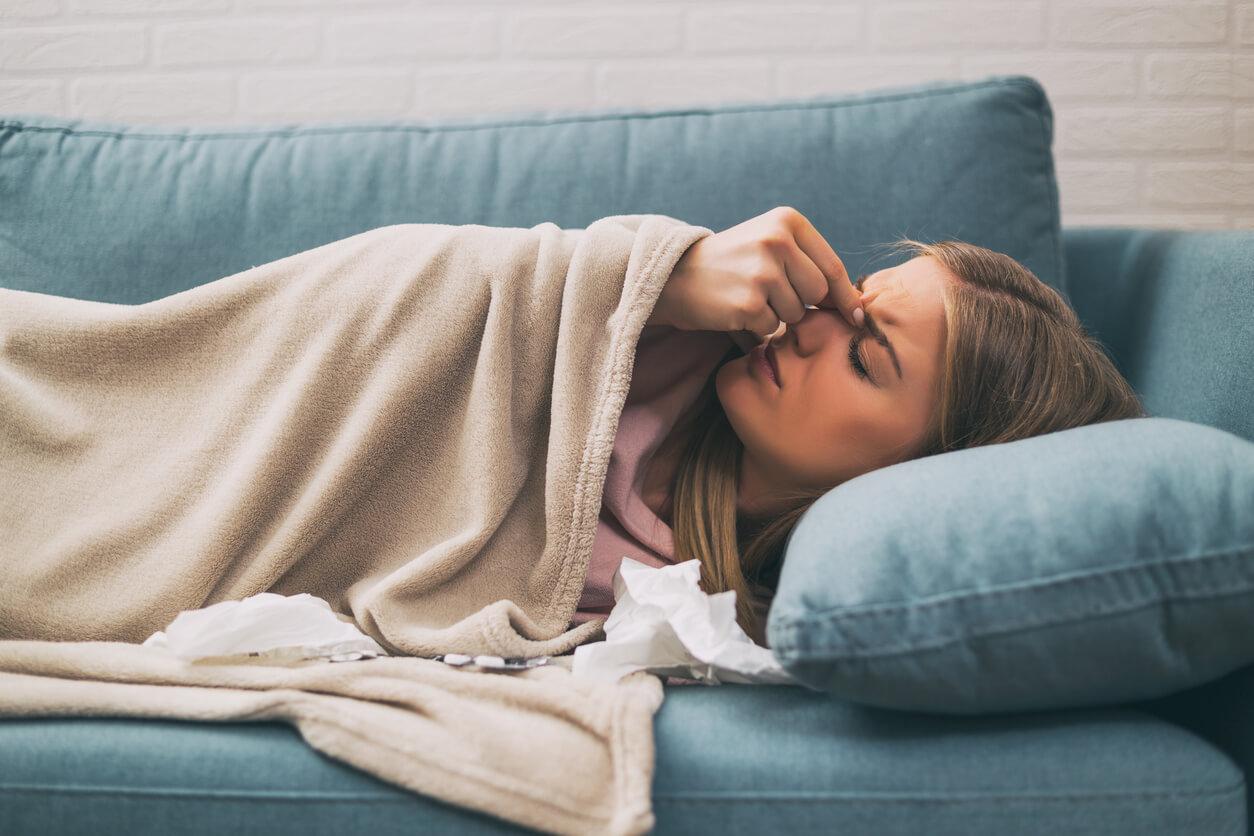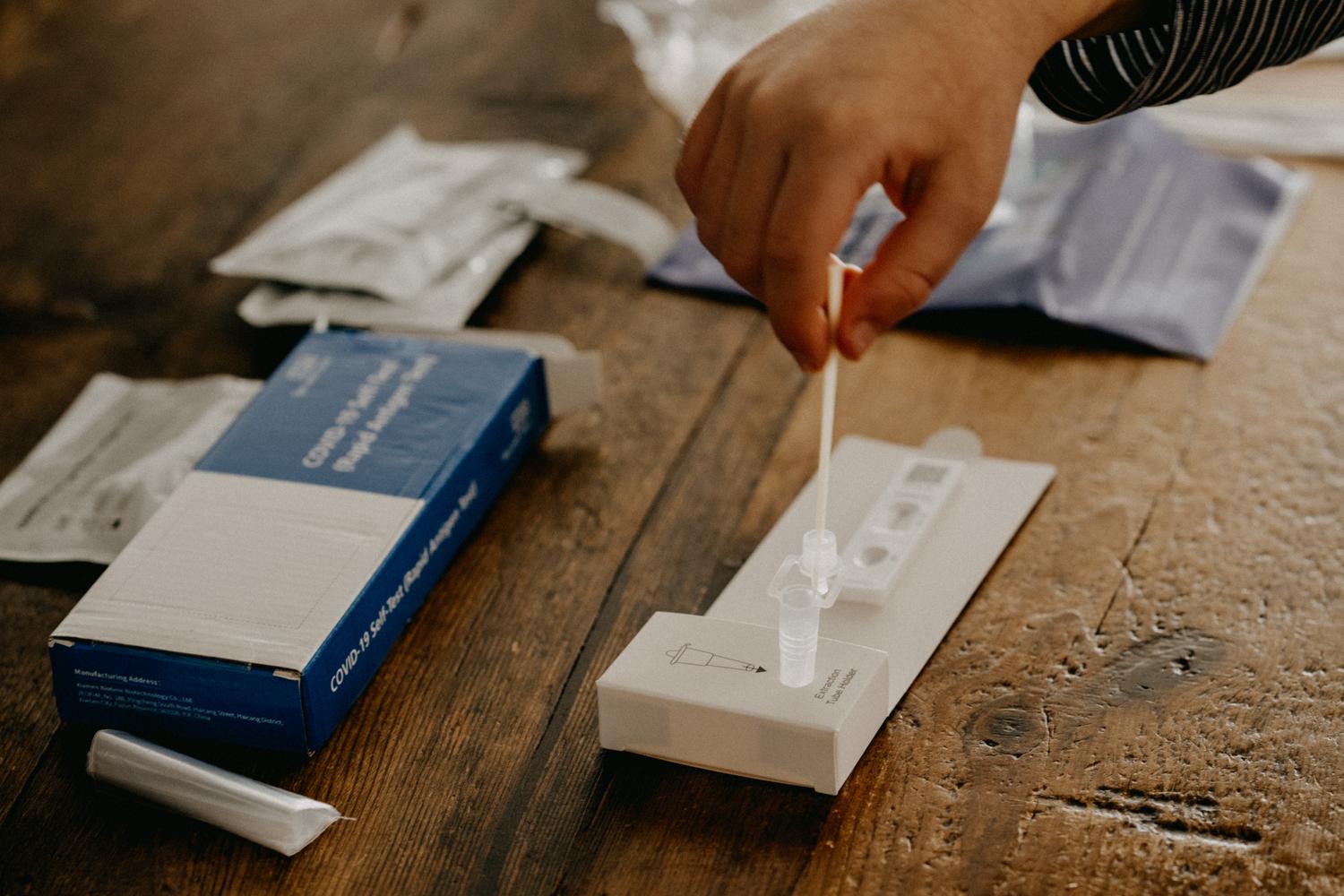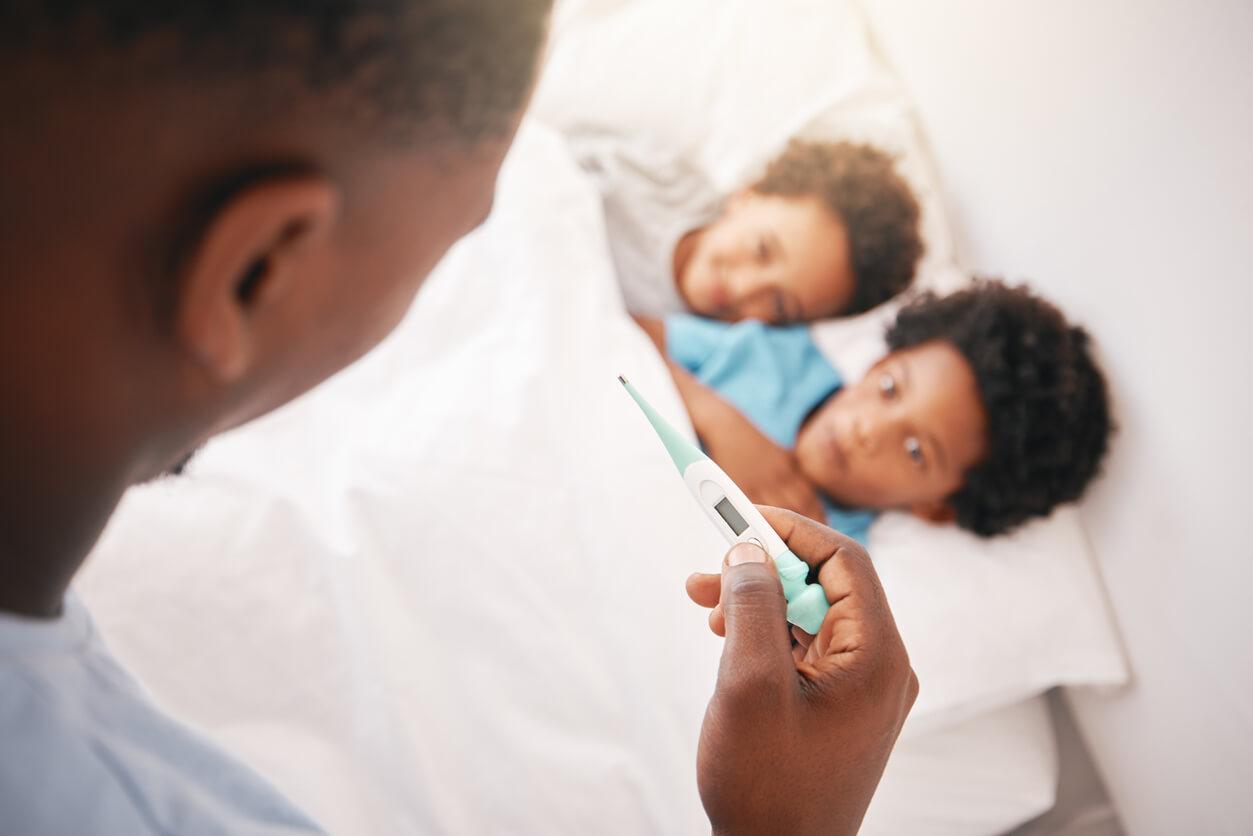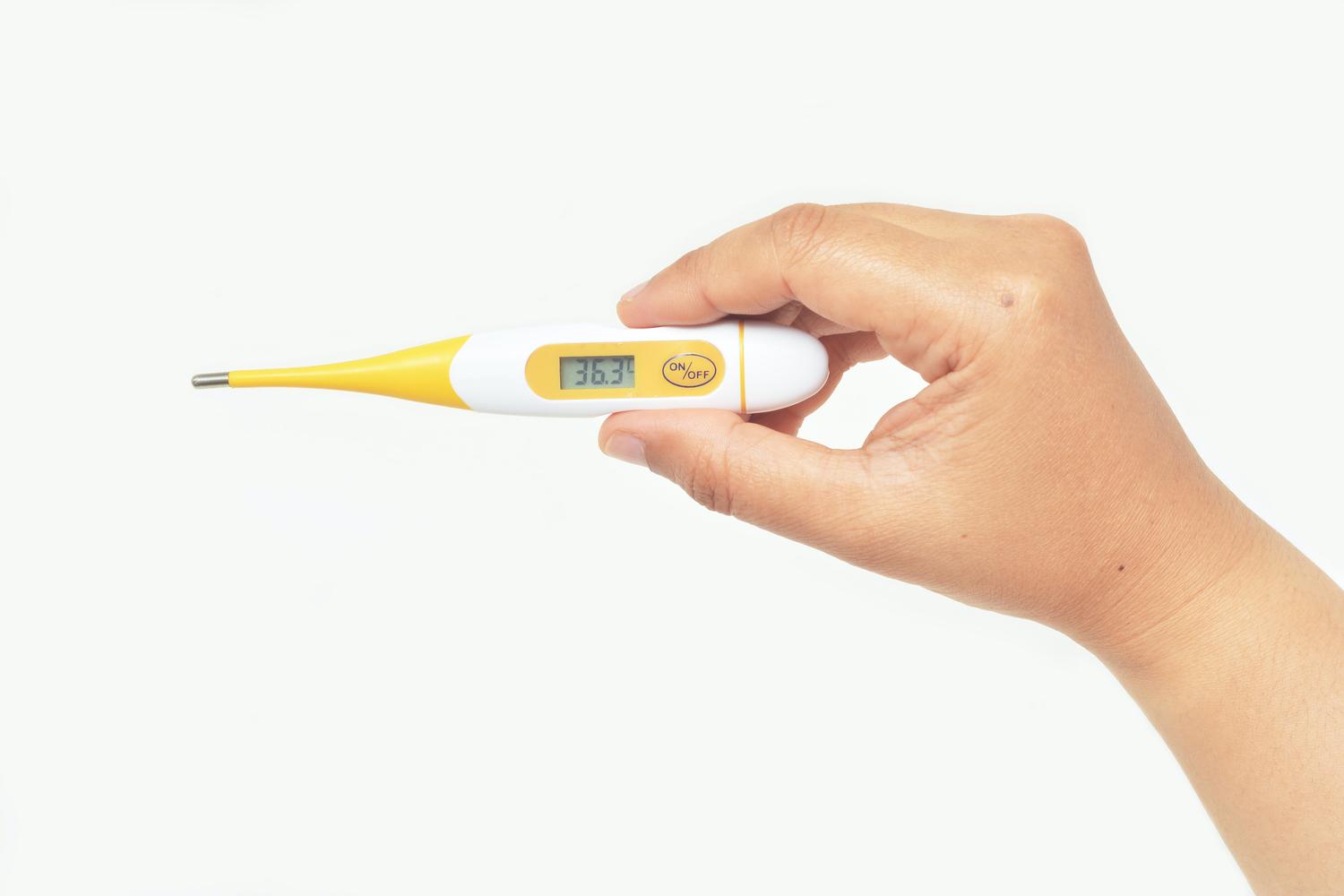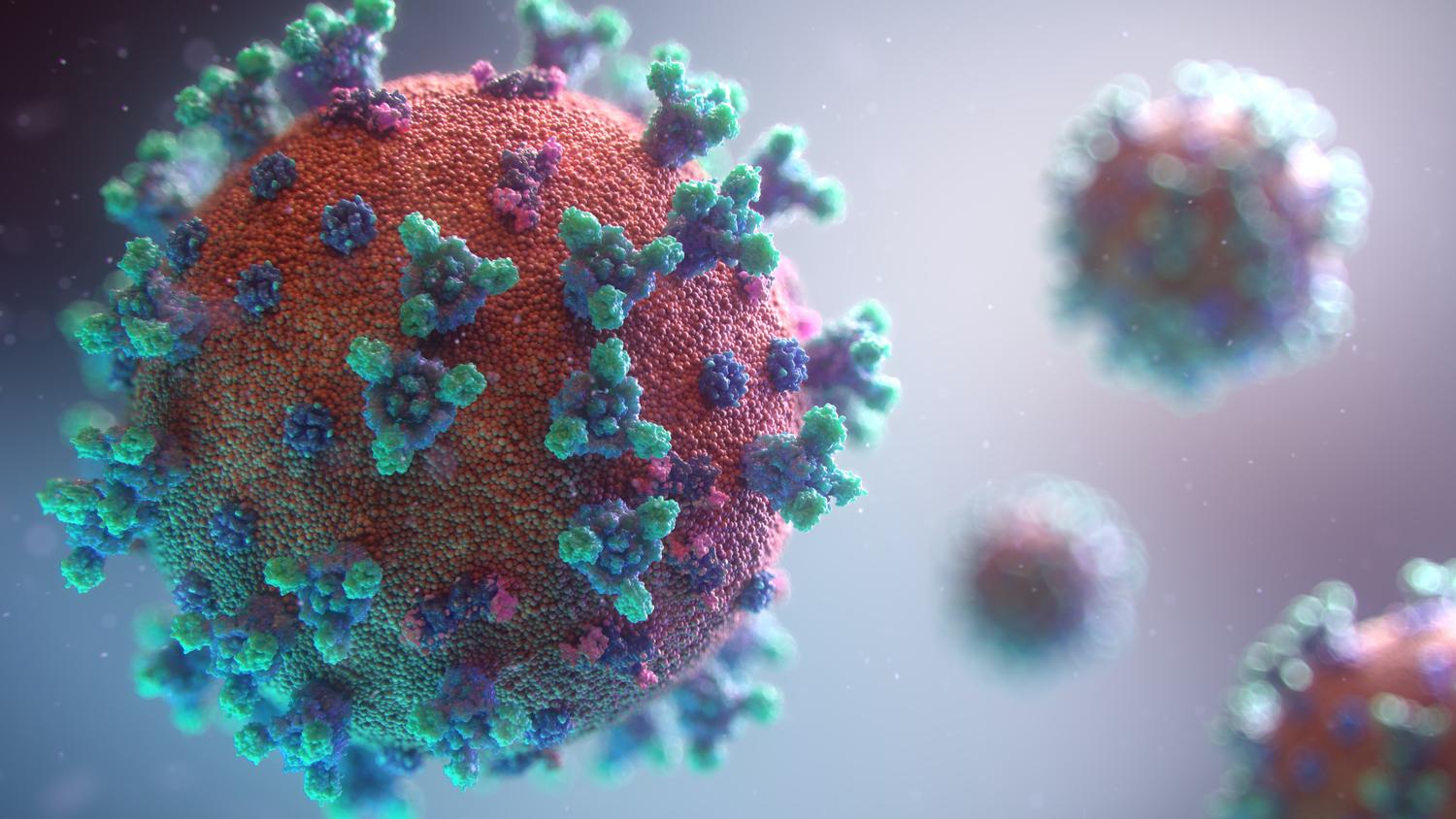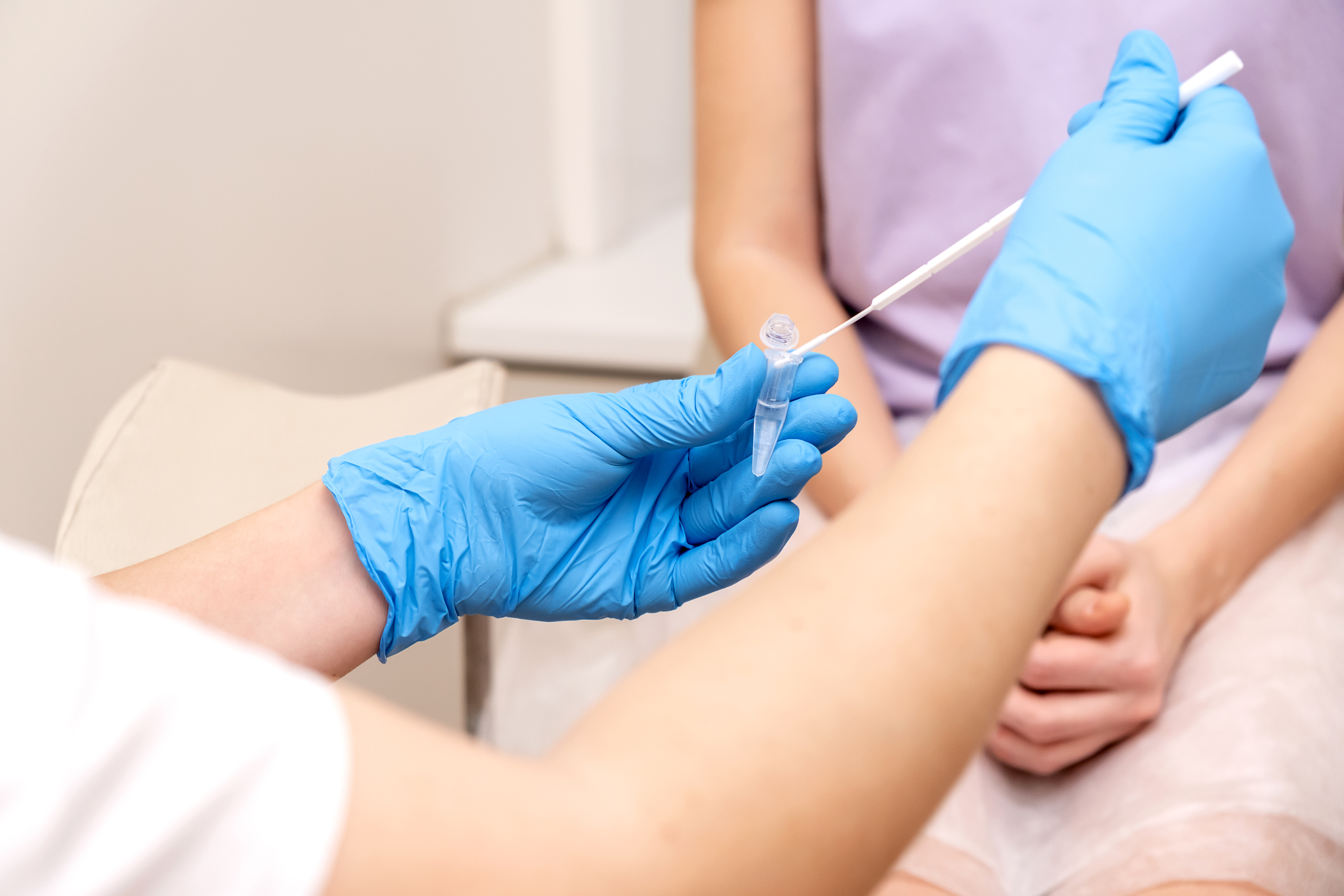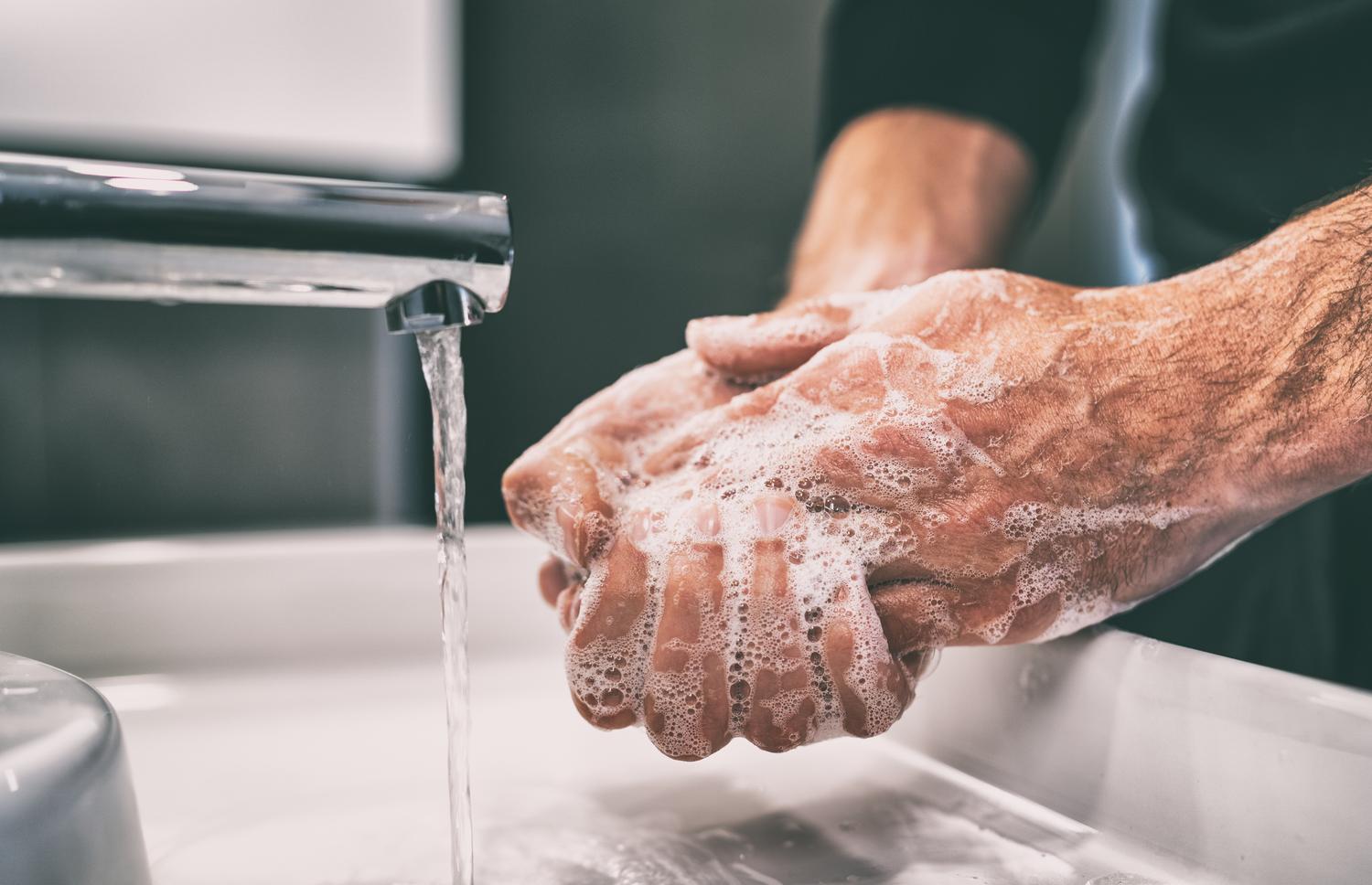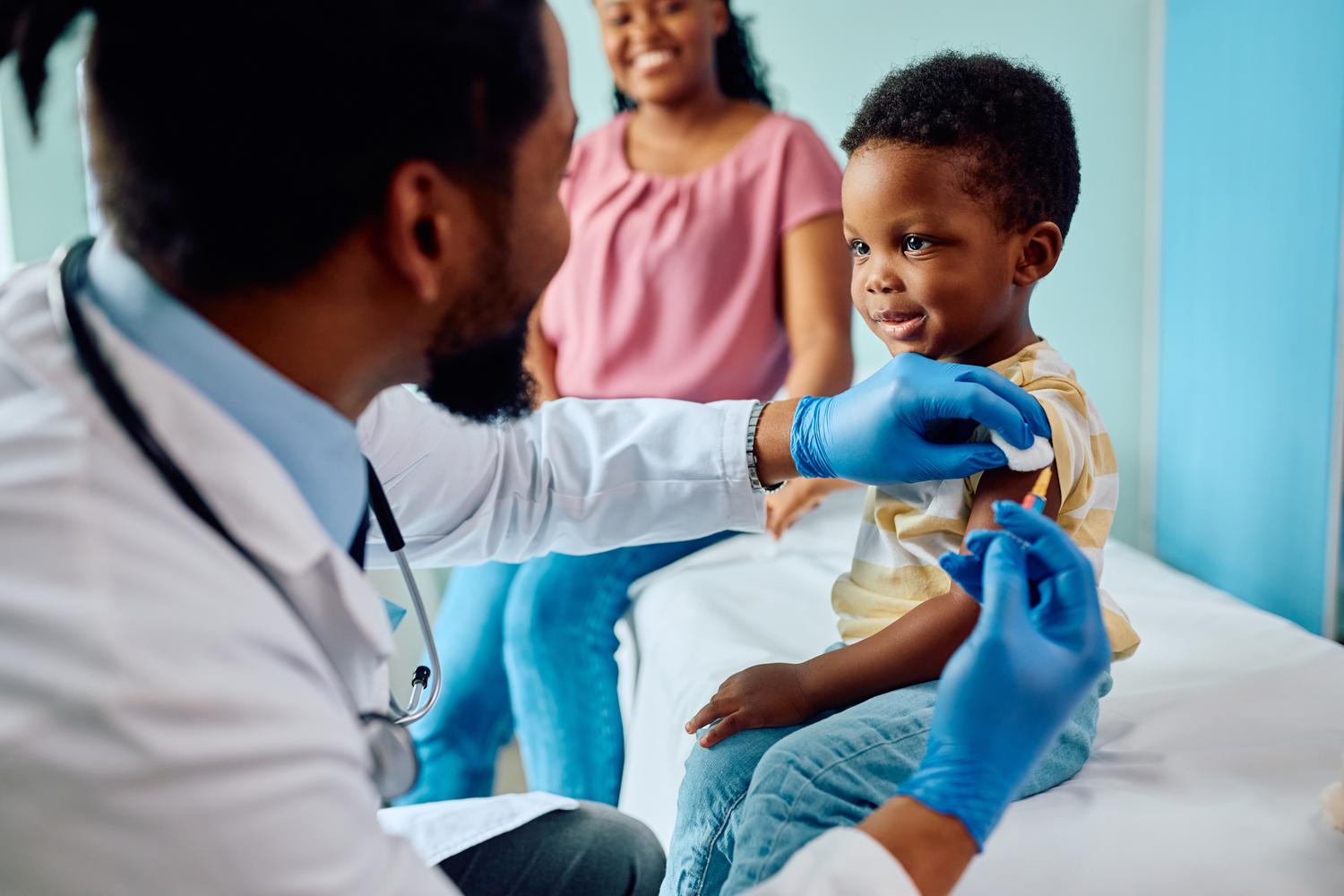How Long Are You Contagious with COVID-19?
Key Takeaways
- Symptoms of COVID-19 can range from minor (sneezing, coughing, runny nose) to severe (chest pain, shortness of breath)
- COVID-19 can be contagious about 1-2 days before symptoms show. It can remain contagious until up to 10 days after symptoms appear
- If you’ve tested positive, you should isolate from others until you’ve been symptom-free for at least 24 hours - regardless of your vaccination status
Frequently asked questions about COVID-19 contagiousness, isolation and more.
The COVID-19 landscape is constantly changing, and staying up to date with the latest guidelines can be challenging. This is especially true when it comes to understanding how long you're contagious for. If you find yourself scratching your head, worry not. We've put together a handy list of commonly asked questions about COVID-19 infectiousness, along with MD-approved answers.
Currently under the weather? Exposed to someone with COVID-19? Planning ahead? Our goal is to provide you with clear, helpful answers about contagiousness and isolation guidance. Let’s dive in.
What are the symptoms of COVID-19?
Symptoms of COVID-19 can vary quite a bit depending on the coronavirus variant and the individual. Mild symptoms include a runny nose, headache, fatigue, sneezing, sore throat, loss of taste or smell, or GI issues like diarrhea. More severe COVID-19 symptoms include chest pain or shortness of breath.
These symptoms can overlap with illnesses like the common cold, RSV and influenza. That’s why it's always best to consult with a healthcare provider if you're feeling under the weather - just to be safe.
Is COVID-19 contagious before symptoms show?
According to the CDC, COVID-19 infections can be contagious about 1-2 days before symptoms appear. Some studies have found that transmission can occur up to 4 days before you experience symptoms.
This occurrence is called asymptomatic spread. It means an infected person can spread COVID-19 to others, even if they aren't feeling sick yet. It’s also one of the reasons why COVID-19 has been challenging to control. It’s also why frequent hand-washing and wearing high-quality, well-fitting masks are recommended.
When is COVID-19 most contagious?
COVID-19 is thought to be most contagious through day 5. This is largely due to viral shedding (when the virus in your body is released into the environment). The highest levels of viral shedding occur during and after symptom onset.
Are vaccinated people still contagious with COVID-19?
Yes. Even if you’re up-to-date on your COVID-19 vaccines, you're still capable of spreading COVID-19 to others. According to the Centers for Disease Control and Prevention (CDC), you should isolate from others regardless of vaccination status if you’ve tested positive.
Does being vaccinated make you less contagious?
Several non-peer-reviewed studies indicate that vaccinated people are less likely to transmit COVID-19. The logic is that COVID-19 vaccines prevent infection - and if you don’t get infected, you can’t spread the virus to others.
However, several studies - including one sponsored by the CDC - have found that both unvaccinated and vaccinated people with COVID-19 have similar viral loads (the amount of virus in your body). In other words, once you’re infected, you’re capable of infecting someone - regardless of vaccination status.
How long are you contagious after you test positive for COVID-19?
After testing positive for COVID-19, the duration of contagiousness can vary. However, individuals are typically contagious for about 10 days after the onset of symptoms.
For those with mild to moderate symptoms, this period can be shorter, often around 5-7 days. For people with severe symptoms or those with a weakened immune system, contagiousness can last up to 20 days.
Are COVID-19 tests an effective way to indicate if you’re contagious?
Not always. PCR tests and antigen tests can detect the virus. However, a positive test doesn't always indicate active contagiousness, and a negative test doesn’t always indicate that you’re COVID-free.
It’s also worth noting that antigen tests are estimated to be accurate about 80% of time. PCR tests are estimated to be accurate about 95% of the time. In other words, COVID-19 tests aren’t always accurate in determining if you have COVID or not. Therefore, they’re also not always accurate in determining if you can spread the sickness to others.
In some cases, your test may be negative but your provider may suspect that your symptoms are related to COVID-19. In this event, they may order another test to confirm. You should continue to isolate in the meantime until the results come back.
You should follow your doctor's guidance and local public health recommendations for specific isolation periods.
When can you stop isolating for COVID-19?
The CDC states that you can end isolation if your symptoms have improved for at least 24 hours or if you’ve been fever-free for at least 24 hours without using fever-reducing medications.
The CDC also recommends taking enhanced precautions to reduce contagiousness. These measures include opening windows to improve fresh air flow and wearing a face mask around others for up to 5 days after ending isolation. This is especially important to protect those who are over 65 or have a weakened immune system.
If symptoms return, you should start the protocol over again. Isolate until you’ve been fever-free for at least 24 hours, or until your symptoms have been improving for at least 24 hours.
If you're experiencing COVID-19 symptoms or test positive, consult with your healthcare provider. Medical recommendations can vary based on your health conditions and local public health guidelines.
How Sesame can help
Looking for quick and accessible COVID-19 care? You can book an online COVID-19 visit to assess if your symptoms are related to COVID-19 and determine next steps.
If you’ve tested positive, you can also book a telehealth visit for guidance on isolation and symptoms. Sesame’s clinicians can provide you with timely medical advice, treatment options and necessary support. This helps ensure that you receive the appropriate care while keeping your health and safety a priority.

